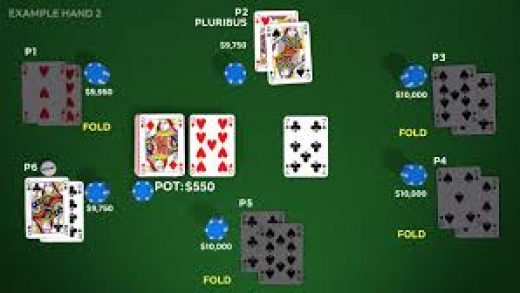The computer is among the greatest inventions of humanity since the beginning of science. It was the result of many years of hard work over a hundred years, not just one man. Computer development is ongoing and will continue to be. Computers are complex systems that, despite appearing simple to computer literate users, have many layers. To fully understand computers, it takes both electronics and computer studies. Computer itself can be subdivided into different branches, just like science.
Although other technological inventions may have been created before the foundation of science was established, “technology” is still a valid term. Technology is inextricably linked to science, and science and technology are both mutually inclusive, strictly speaking in terminologies. The computers of today, no matter how advanced, were born from humble beginnings.
What is the story behind computer?
The earliest known calculator, Abacus, was used by early civilizations between 1000 and 500 B.C. It has since been adopted by other countries. This logic was the basis of the idea for how a computer’s algorithm does its math. Charles Babbage was credited as one of the fathers in modern computing. He developed ideas about how computers should perform math. This idea was initially called the difference engine. It evolved later to become the analytical engine. Charles Babbage didn’t see his ideas come to fruition due to funding problems, but it was Henry Babbage who did in 1910, based on his. This primitive computer isn’t as sophisticated as the computers we use today.
Computers were created out of the need for complex computations to be performed on behalf of man. This was especially true in the industrialization era, and the great war. A computer’s behavior is influenced by the contents of its library.
As a result of the “technologies” of their time, computer development grew a lot after Charles Babbage laid the foundation. Names of those who were important in the foundation of computers include Ada Lovelace and Konrad Zuse as well as Alan Turing, John Atanasoff and Clifford Berry as well as Howard Aiken and Grace Hopper as well as the current computer giants such as Steve Wozniak and William Gates. Computers of today have more functions than their size and are a part of every person’s daily lives, both personal and commercial.
What are the daily uses of computers?
Computers have revolutionized the way we do our jobs. It’s much more efficient and can be done in a shorter time. Computers make it possible to do everything in one box. What used to take a long time in groups, as seen in companies that didn’t have computers, is now possible in a shorter amount of time with them.
Computers take over the world
The internet is another popular use of computers. The internet has taken over what was once a trend in telephones and telegrams. It is now a worldwide phenomenon. Computers are literally taking over the world.
The internet was initially developed for military purposes, but it has since been commercialized. Together with and other means of communication, the internet made it possible to communicate around the globe. This also led to tools like the social media. Today, the internet is used by billions of people every day.
Are we too dependent on computers?
Given the information age in which we live, computers may seem to be a dependency. However, such dependence was initially intended to be a positive intention. It meant that we could keep up with the demands for progress by making computers our tools and aid. There are many complex tasks that cannot be done efficiently without computers. But, it is important to ask ourselves if such dependence is beneficial for us. What if this technology, computers, and all its capabilities were stolen from us? What would happen? Computer dependency can lead to addiction. A perfect tool for dictators. Although it sounds outlandish, it’s not. We are just as capable as our ancestors without computers. However, this comes at the cost of the ease and efficiency with which computers are used. These statements are not about abandoning computers as they are. We are just awakening to the reality of who we are and what our ancestors did without them. We aren’t worthless without computers. However, we’re not as capable as anyone who has them. And we alone are not as capable of what complex computers can do as a computer. Don’t be deceived. We are still the ones who created computers today. We, as humans, are still better than machines in a certain way.



